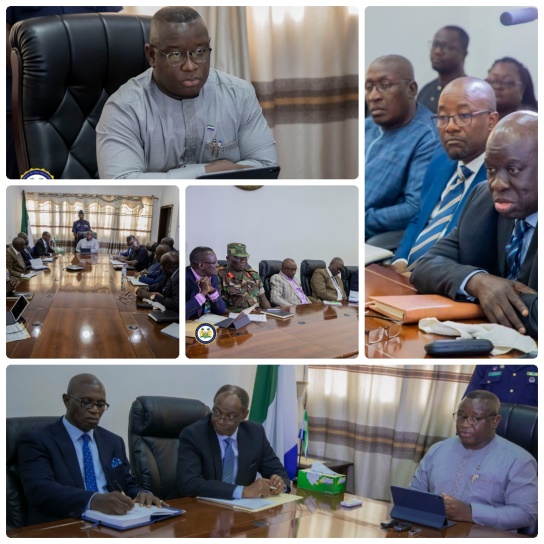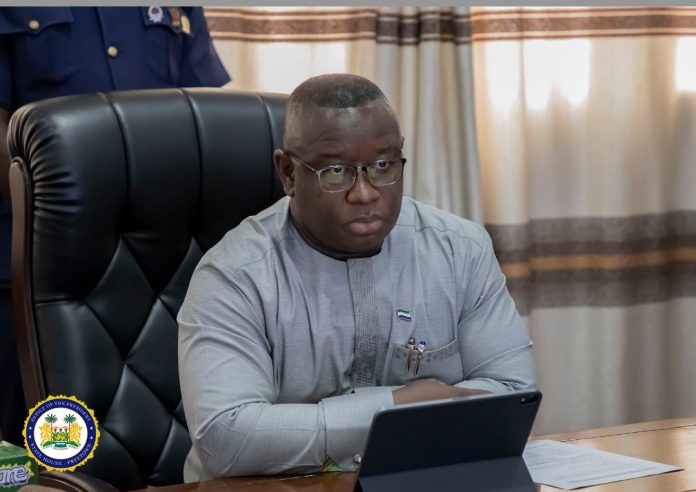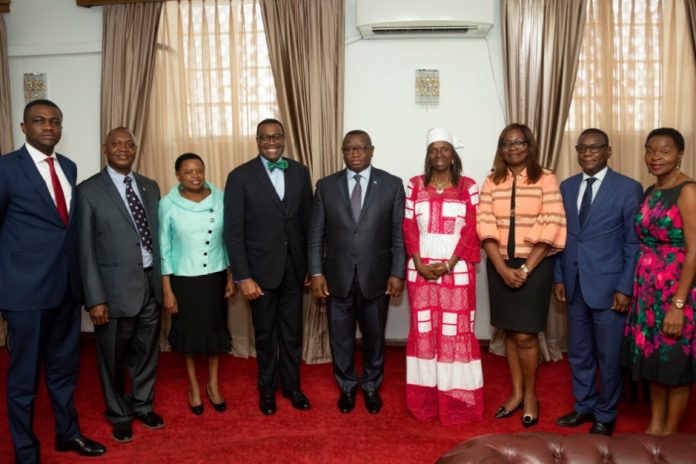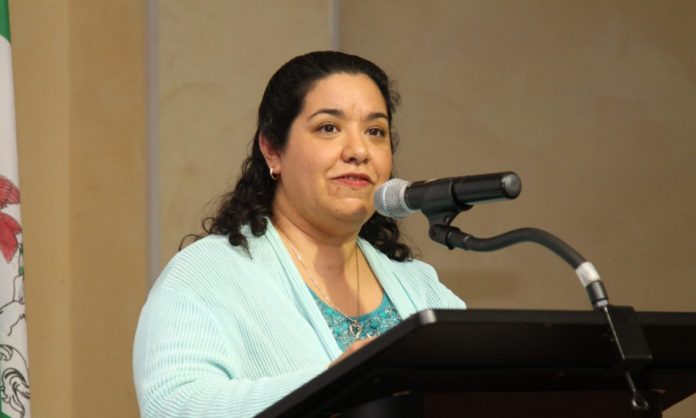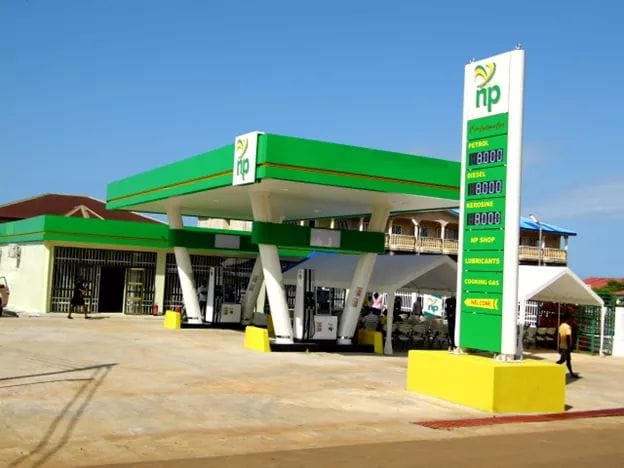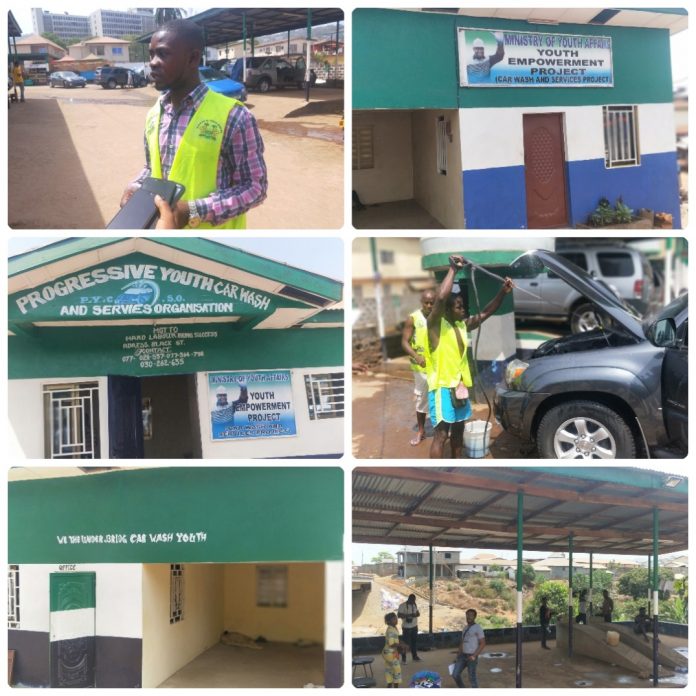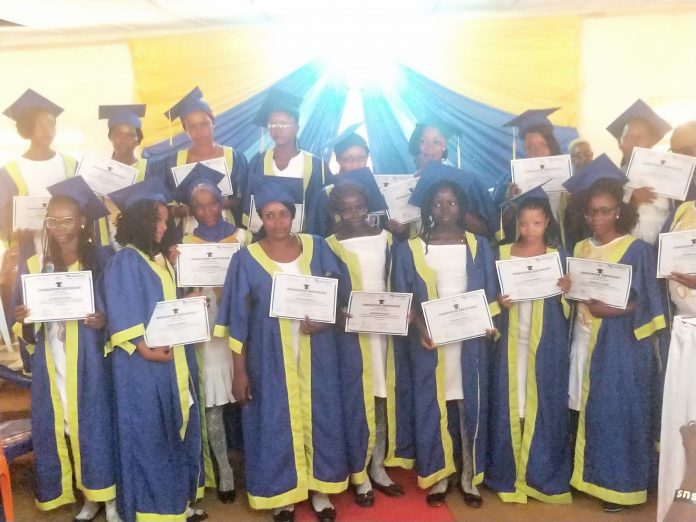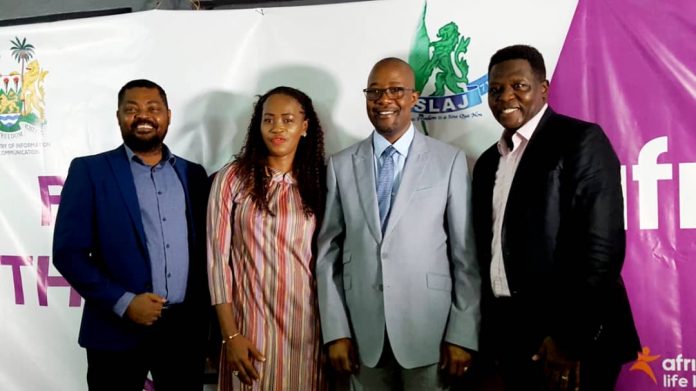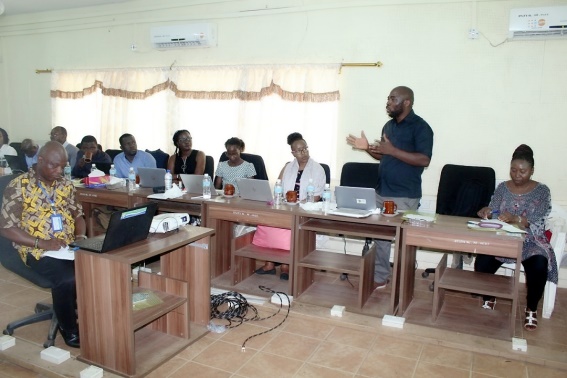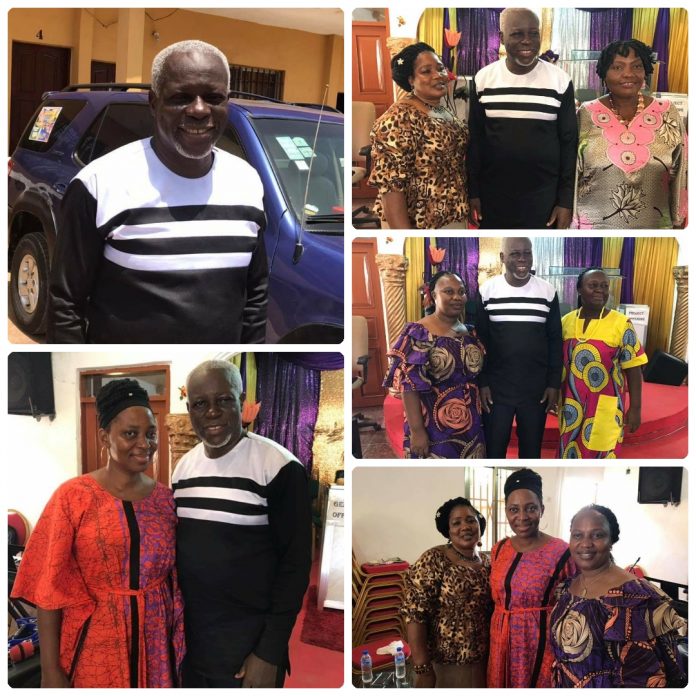By Amin Kef Sesay
In its latest 2019 Human Rights Report on Sierra Leone, the United States Embassy analyses conditions in the country’s prison and detention centres. This is what the Report says in that direction:
Prison and detention center conditions were harsh and life threatening because of food shortages; gross overcrowding due to an inefficient justice system and lack of sufficient correctional facilities and personnel; physical abuse; lack of clean water; inadequate sanitary conditions; and lack of medical care.
Physical Conditions: The country’s 20 prisons, designed to hold 2,055 inmates, held 4,559 as of August. The most severe example of overcrowding was in the Freetown Male Correctional Center, designed to hold 324 inmates, which held 2,089. Some prison cells measuring six feet by nine feet held nine or more inmates. The NGO Prison Watch (PW) and Sierra Leone Correctional Services (SLCS) reported that 13 prisons and detention centres were moderately overcrowded.
In most cases pre-trial detainees were held with convicted prisoners. The Attorney General reported that as of August, of the 4,559 persons held in prisons and detention centres, 1,941 had been convicted. The SLCS reported that one inmate jailed in 2007 had yet to appear in court.
SLCS authorities and human rights observers reported detention conditions remained below minimum international standards because of unhygienic conditions and insufficient medical attention. Conditions in police station holding cells were poor, especially in small stations outside Freetown. Lack of adequate physical facilities created life-threatening conditions for detainees. Holding cells in some facilities were often dark, with little ventilation, and inmates slept on bare floors, using their own mattresses and clothes as bedding. The Human Rights Commission of Sierra Leone (HRCSL) and PW reported poor toilet facilities in some correctional centres. Inmates were often forced to use buckets as toilets.
Cells often lacked proper lighting, bedding, ventilation, and protection from mosquitoes. For security reasons authorities refused to allow inmates to sleep under mosquito nets, using chemical repellents instead. Most prisons did not have piped water, and some inmates lacked sufficient access to potable drinking water. In September observers reported that in some facilities to avoid overcrowding in the common areas, authorities confined inmates to their cells for long periods without opportunity for movement. An international donor funded the installation of running water, toilets, and septic tanks in the Makeni, Bo, and Kenema correctional centres.
Prison authorities issued bedding, including blankets, to inmates at the Freetown Female and Male Correctional Centres. Some mattresses were on the floor at the Male Correctional Center. Conditions in detention centres, including lighting and ventilation, were generally better for female inmates than for male inmates.
As of August prison authorities reported 40 deaths in prisons and detention facilities due to malaria, respiratory infections, skin infections, hypertension, and typhoid fever. The PW confirmed the causes of death as reported by the SLCS and made a determination that most deaths were directly related to prison conditions, such as overcrowding and poor hygienic conditions. The SLCS reported the Government provided adequate medications for inmates, despite the absence of vital medical equipment in most correctional centres. In cases of medical emergencies, prison authorities transferred inmates to the nearest Government hospitals. Officials referred female inmates to local hospitals for special care, and Government hospitals complied with the requests.
Prison authorities and the HRCSL reported there was no discrimination against inmates with disabilities. The PW reported it had no information regarding abuse of inmates with disabilities.
The PW reported a shortage of prison staff, which resulted in a lack of security that endangered inmates’ safety. The SLCS in Bo reported that in March inmate violence led to the death of one inmate. As of September all 13 inmates who allegedly participated in the killing were standing trial at the High Court in Bo.
As of September the PW reported that no prison or detention center facility held male and female inmates together.
The PW reported 15 juveniles in Kenema Correctional Center and one at the Freetown Maximum Correctional Center, all ages 14 to 17. Nonetheless, it was often difficult to confirm the ages of inmates due to the pervasive lack of official documentation, which resulted in some juveniles being treated as adults.
Authorities sent most offenders younger than 18 to “approved schools” or reformatory institutions. According to the SLCS, although authorities made some effort to avoid detaining juveniles with adults, they frequently detained minors with adults in police cells while waiting to transfer them to juvenile facilities in Freetown.
In juvenile facilities detainees did not have adequate access to food, water, and education and were sometimes unable to attend court hearings due to lack of transportation.
According to SLCS authorities, several prisons held infants, most of whom were born in prison and initially kept there with their mothers. As of September there were eight infants in correctional centres across the country. Once such children were weaned, authorities released them to family members or to the Ministry of Social Welfare, Gender, and Children’s Affairs, which placed them in foster care. SLCS authorities in Freetown, Bo, and Kenema provided Government-funded child-care centres for children of inmates.
Administration: There was no prison ombudsman, but senior prison officials were available to respond to complaints. Inmates reportedly refrained from filing complaints directly with prison authorities because they believed such actions would spur retaliation by judicial authorities.
Authorities permitted regular family visits and provided a telephone for inmates to communicate with their relatives. The SLCS has visibly painted on murals the hours of inmate visitation and communicated that visits are free of charge.
Prison rights advocacy groups reported that authorities generally investigated credible allegations of mistreatment of inmates.
Independent Monitoring: The Government permitted monitoring by independent non-governmental observers. International monitors had unrestricted access to the detention centres and police holding cells. The HRCSL and PW monitored prisons on a monthly basis. The SLCS also freely allowed other NGOs such as Humanist Watch to monitor prison conditions on a regular basis.
Improvements: Over the past two years, the SLCS has improved its facilities, policies, and practices in an effort to align with international standards for the treatment of inmates. For example, eight of the country’s 20 correctional facilities have been renovated with new roofs, running water, toilets, modern sanitation including septic tanks, and improved lighting. In Mafanta two new cell blocks with the capacity to hold 300 inmates were opened in May. In Waterloo a newly refurbished facility was opened in September with the capacity to hold at least 150 inmates. New SLCS security policies, such as key control, were complemented by expanded inmate programs, including access to information, increased visitation hours, and expanded services such as educational and vocational training opportunities.

